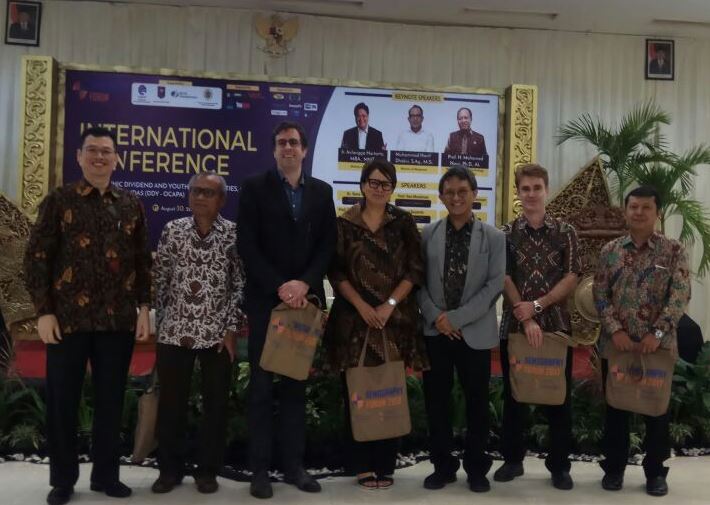In her presentation, Dr. Annette Sachs Robertson, UNFPA’s Indonesia Country Representative, highlighted that past and ongoing investments in family planning in Indonesia have contributed to a rapid decline in the fertility and thereby enabled a potential demographic dividend. There has been a rapid decline in the number of children born to each woman, the Total Fertility Rate, from 5.6 in 1970 to 2.3 in 2015. From a national perspective, a transitory window of opportunity is now open, where the population structure has a dependency ratio, with a favorable proportion of working aged persons to nonworking age or dependent persons.

UNFPA advocates a 3E Policy Framework to Reap the Demographic Dividend: Empower, Educate, Employ. This framework calls for governments to ensure that all citizens have the rights and freedoms to define their lives, pursue an education, join a productive workforce, and accrue wealth.
International experience shows that many countries have failed to realise a demographic dividend, with insufficient social development, often due to persistent problems with gender inequality and inadequately investing in young people.
UNFPA Indonesia is working with the government and civil society to promote social development that takes into account the potential of youth, and empowers women, thereby impacting economic development.

